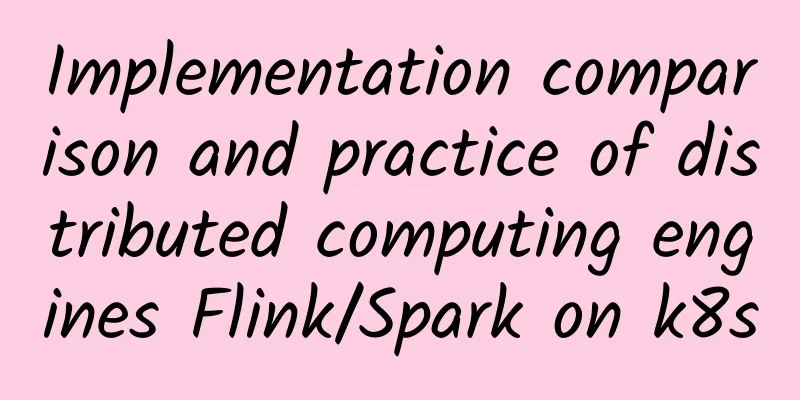How professionals can develop their latest data center skills

|
When there are a plethora of industry certifications to choose from, it can be difficult for professionals to choose the right skills for them. Trends in the data center industry can provide industry professionals with insight into the skills they need to learn and develop. Between certifications, training, and degrees, professionals have many options for improving and developing their data center skills. And with the different options available, one may wonder where to start or what type of career progression will be available. In a competitive job market, it is important to develop a combination of technical and soft IT skills. Fortunately, with a wide variety of education and training available, it is possible for professionals to pursue professional development in different ways. An easy option is to get a professional degree in a field such as information systems management. In systems management programs, professionals need to attend college to take courses such as information systems fundamentals, IT ethics, systems analysis, project management, and data center and infrastructure concepts. This type of training and education can help professionals gain a holistic view of the infrastructure within an organization. Ultimately, it can provide a good foundation for their career. To achieve long-term success, data center industry players are looking for candidates who can augment traditional education methods with some form of real-world experience. This means learning expertise in certain software, seeking out internships, and staying up to date on the latest technological advancements. Industry certifications can also help professionals gain specialized data center skills without having to take a college course.
Adapting to industry needs IT professionals face several challenges today in the field of data center management. Following industry trends is an easy way to maintain your knowledge base. First, the role of cloud computing in data center infrastructure is changing. As more organizations deal with carrier-intensive networks and colocation facilities, their staff may need training to help them manage these environments. Furthermore, data center skills and management are more than just hardware and software maintenance. The advent of agile workflows requires more data center managers to be familiar with operations and purchased software, understand how to host different business workloads, and the different ways infrastructure changes affect operations, rather than just focusing on planning and maintaining data center facilities. Organizations are also looking to integrate AI-based capabilities and even IoT-like dashboards into predictive maintenance, so these skills could come in handy. Improve IT skills In terms of data centers, professionals need to acquire specific data center skills to establish themselves as data center experts. Their core responsibilities include:
Professionals can continue to expand their skills by obtaining some level of certification in these areas and becoming familiar with the various technologies in the data center. Even though professionals don't need to know every possible data center product, they must have some familiarity with Windows and Linux operating systems and scripting tools like PowerShell. Going to the cloud Cloud computing is a growing part of data center management, especially as organizations begin to consider hosting their operations and shutting down their on-premises data centers. In addition to becoming familiar with cloud computing architecture, learning the terminology of service licensing agreements can help professionals understand the terms of data ownership and contract costs. Overall, effective cloud management involves coordinating multiple environments, especially as organizations increasingly deploy cloud setups in various forms, from public to hybrid. In addition to the specific type of cloud platform, evaluating bandwidth types and security features is critical to purchasing and managing the right configuration for your business. Many professionals want to become industry experts and need more real-world data center skills that enable them to assess situations and secure service contracts and operate hardware and software with ease. Through continuous learning, they can ensure their business capabilities and keep their skills ahead of the technology curve. |
<<: The legend of network protocols (V): The shadow of a great power is hard to eliminate
>>: 5G is here: Will 4G soon be relegated to the sidelines?
Recommend
A400 20% off for the school season, Los Angeles CN2 GIA/9929/4837 and other routes starting from 20 yuan/month
A400 Interconnect recently released a back-to-sch...
Xiaoyu Yilian's full range of new products are officially released to ignite the nuclear fusion of the audio and video conferencing industry
On August 2, the 2017 Xiaoyu Yilian E=mc² new pro...
Aruba's next-generation network solution revolutionizes traditional network management
Aruba, the world's leading provider of next-g...
How to quickly optimize your home Wi-Fi in 30 minutes? Alibaba engineers have a trick
Abstract: Modern people cannot live without mobile...
Aicrypt and Anbai Technology have entered into an in-depth "marriage" to jointly eliminate the "security island" of enterprises
[51CTO.com original article] Recently, Aicrypt an...
China Mobile Xiongyan Consulting Insights: 5G URLLC Key Technology Research Report
Labs Guide URLLC "Low Latency High Reliabili...
5G has been developed for three years, why are people still using 4G?
I remember that in 2018, there was a lot of news ...
Advantages and Challenges of 5G Network Slicing
The fifth generation of mobile communication syst...
EtherNetservers: $15/year-1.5GB/40GB/2TB/2IP/Los Angeles & Jacksonville Data Centers
EtherNetservers was founded in 2013 and has been ...
Are there many pitfalls when porting your number? These users can't even do it
In the week since the black hole photo was releas...
Microsoft Build 2017: Officially released Visual Studio for Mac
On the evening of May 10th, Beijing time, Microso...
BuyVM Las Vegas all packages restocked from $2/month, 1Gbps unlimited traffic, small amount restocked in Luxembourg/New York/Miami, etc.
All packages in BuyVM's Las Vegas data center...
Six common IoT wireless technologies and their use cases
The Internet of Things (IoT) starts with network ...
Cloud computing has dominated network infrastructure for many years, and it’s time for the 5G era to usher in the next chapter!
[[262785]] Technavio predicts that the applicatio...
Exclusive reveal! How 5G can help secure large-scale events
The wonderful opening ceremony of the 2022 Beijin...









